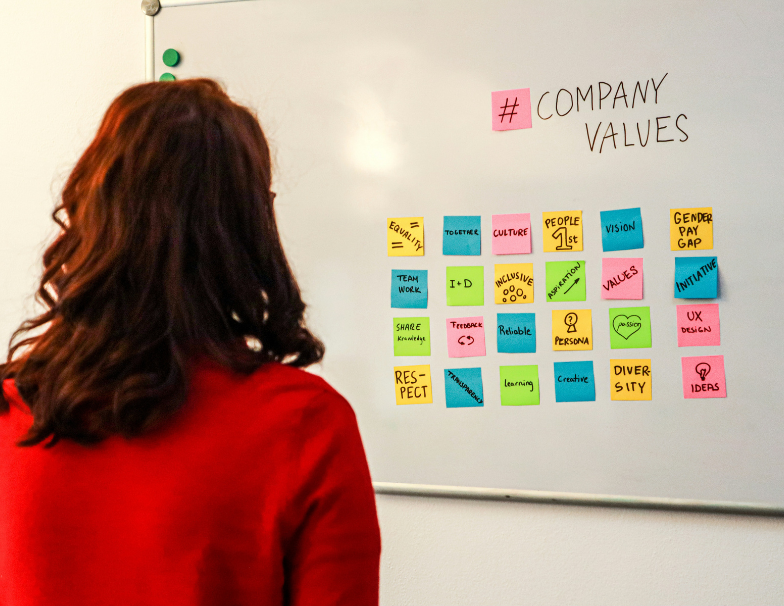Top Strategies for Building Effective Work Teams
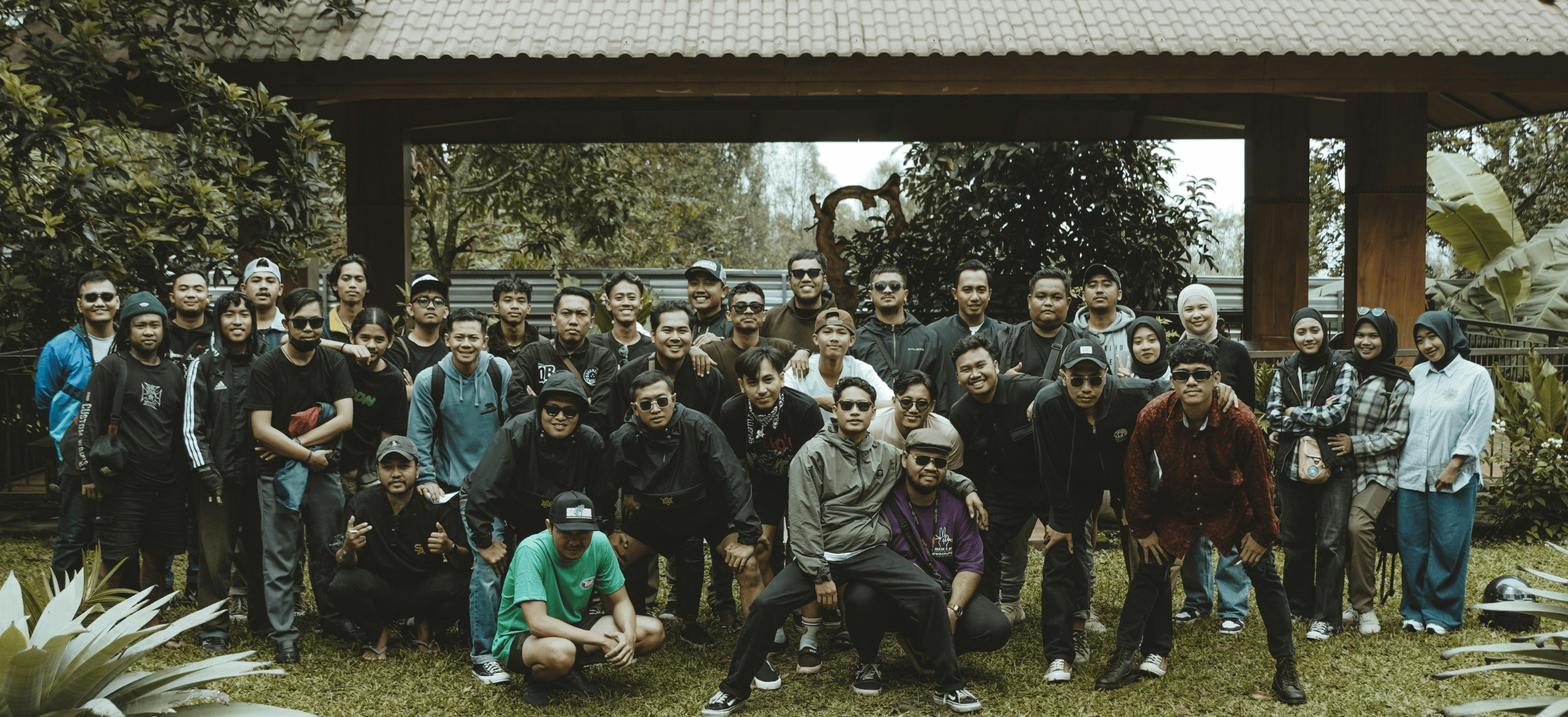
Want to know how to build effective work teams? This article will provide you with essential strategies for creating cohesive and high-performing teams. From trust-building to clear communication, you’ll find actionable steps for building effective work teams that will transform your team.
Key Takeaways
- Effective work teams thrive on trust, open communication, and shared goals, enhancing collaboration and performance.
- Psychological safety is crucial for team dynamics, allowing members to express ideas and take risks without fear of criticism.
- Regular feedback, role clarity, and tailored team-building activities promote engagement, accountability, and improved team morale.
Key Elements of Effective Work Teams
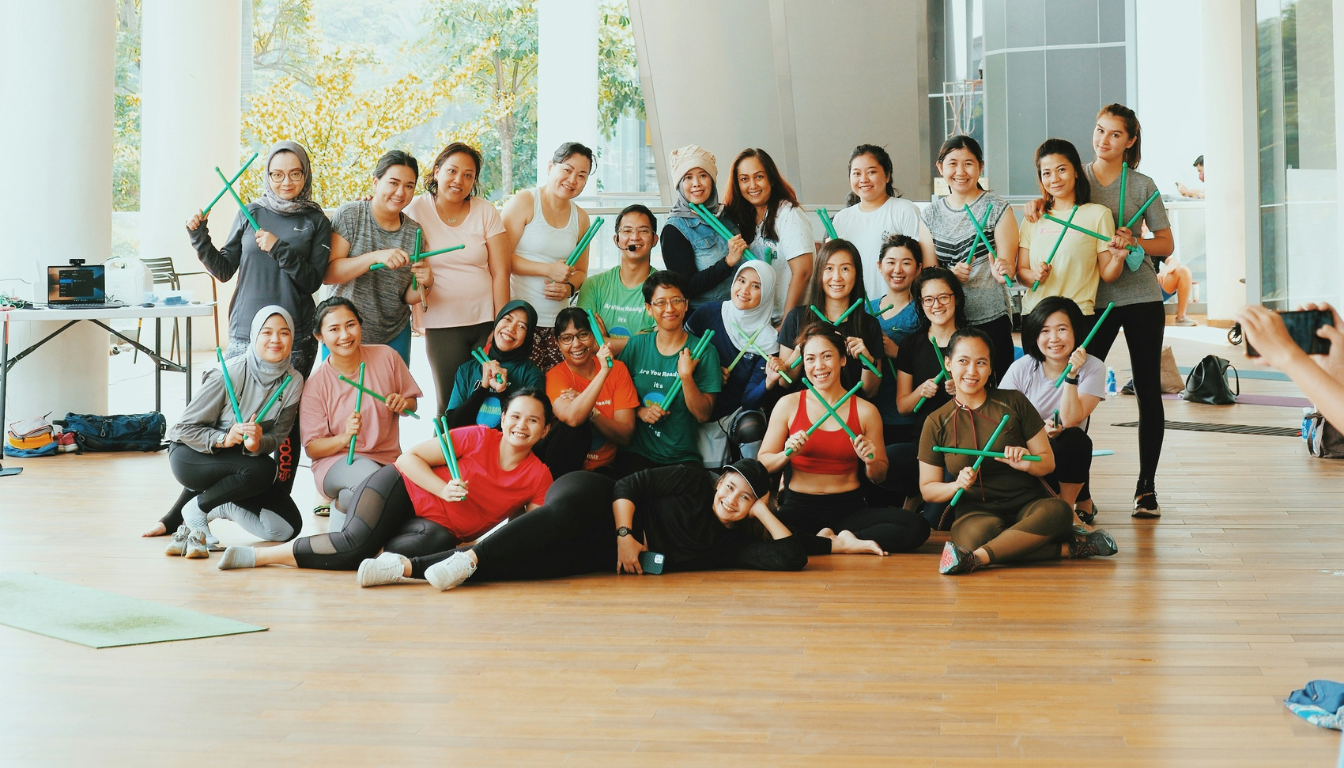
Effective work teams begin with a foundation of trust and loyalty. Successful teams establish relationships where each member’s contributions are valued, creating a high-trust, people-first organizational culture. Recognizing team achievements through personalized activities can significantly boost engagement and create a sense of belonging, fostering effective teams.
Teamwork hinges on effective communication. Effective communication emphasizes clarity and openness, which are crucial for successful collaboration. Open debate among team members fosters creativity and leads to superior outcomes. Frequent check-ins and feedback keep teams aligned with their objectives and values.
Collectively establishing ground rules ensures team efficiency and success. Teams should collectively establish and regularly assess their values and goals to foster performance. Celebrations and community volunteering enhance workplace enjoyment and strengthen team connections. Organizations increasingly recognize the value of structured retreats to enhance team cohesion and engagement; platforms like Offsite specialize in curating such experiences, offering comprehensive planning services that facilitate meaningful offsite gatherings.
Understanding Team Dynamics

Team dynamics are the interactions and behaviors of individuals within a team that influence performance. Positive organizational culture fosters effective team dynamics and enhances collaboration. Diverse teams that manage their team dynamics well are better equipped to adapt to changes and overcome challenges.
Individual personalities significantly shape team dynamics and collaboration. Leadership style significantly affects interactions and inclusivity among team members. Clear communication directly impacts collaboration and conflict resolution.
Soft skills like communication and teamwork are vital for leveraging individual talents in a group. Team leaders should include individuals with diverse skill sets to create a balanced team. Constructive conflict management is essential for maintaining positive dynamics and successful collaboration.
Creating Psychological Safety
Psychological safety is vital for teams, especially during crises. It helps teams navigate uncertainty effectively. In a psychologically safe environment, members feel comfortable, valued, and involved. Trust and psychological safety are essential for open communication and risk-taking, improving performance and reducing conflicts.
An experimental culture encourages teams to innovate and adapt without fearing failure. Establishing norms for handling failure encourages reasonable taking risks and learning from mistakes. The aim is to create an environment where new ideas are welcomed, and everyone feels valued, understood, and supported, fostering model curiosity.
Managerial Strategies for Psychological Safety
Managers and senior managers play a key role in promoting psychological safety by modeling and reinforcing open communication. Offering actionable tips and encouraging clarifying questions without fear is essential. An inclusive and safe environment enables open communication and active participation.
Fostering psychological safety enhances collaboration, innovation, and overall team effectiveness. Connecting psychological safety to engagement significantly improves team performance and morale.
Encouraging Open Communication
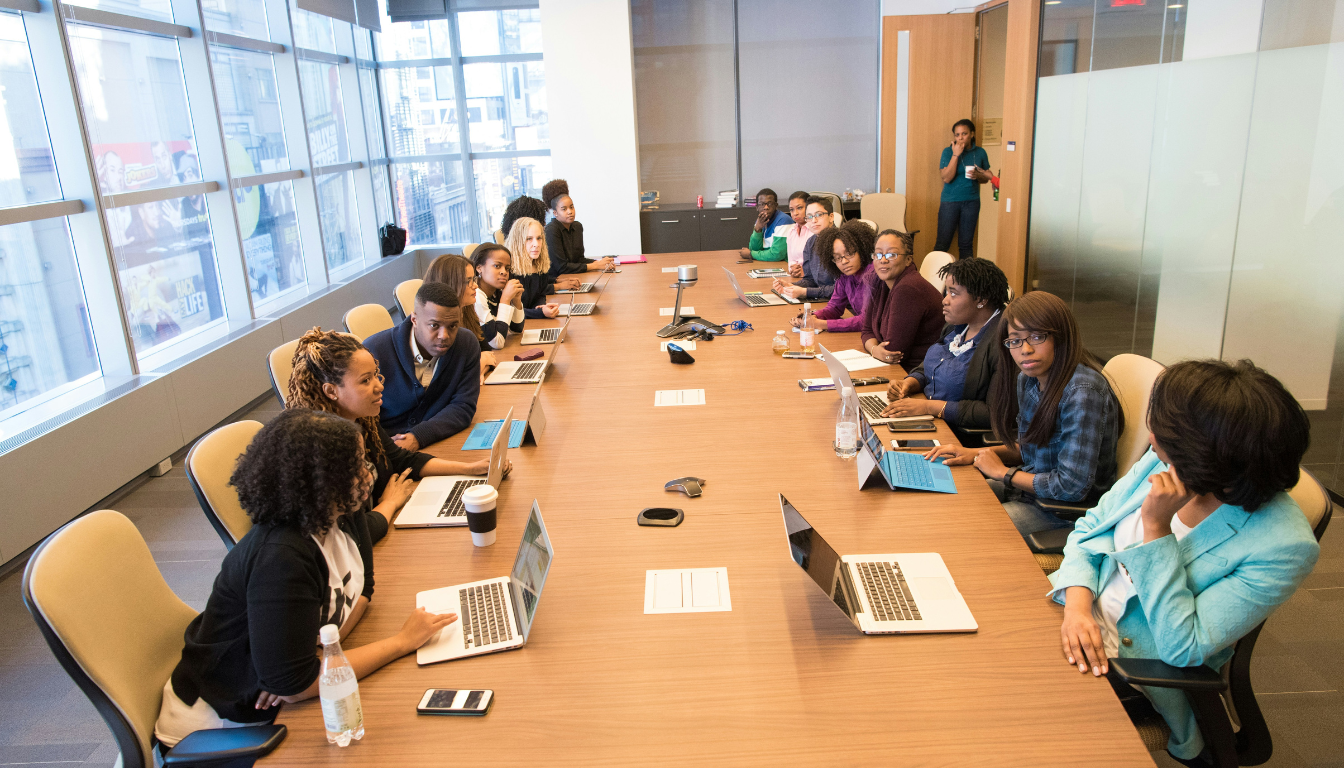
Open communication is the lifeblood of an effective team. Leaders should prioritize psychological safety by discussing its importance and linking it to team engagement. Bottom-up communication encourages input from all members, fostering ownership.
Transparent communication reduces misunderstandings and builds trust. Tailored team-building experiences can greatly enhance collaboration and communication. Open communication can facilitate communication, creativity, risk-taking, and constructive feedback, essential for successful teamwork.
Creating an environment where members feel supported and valued encourages team members’ creativity and innovation. Use regular team meetings to discuss challenges, brainstorm ideas, and provide feedback.
Building a Shared Purpose
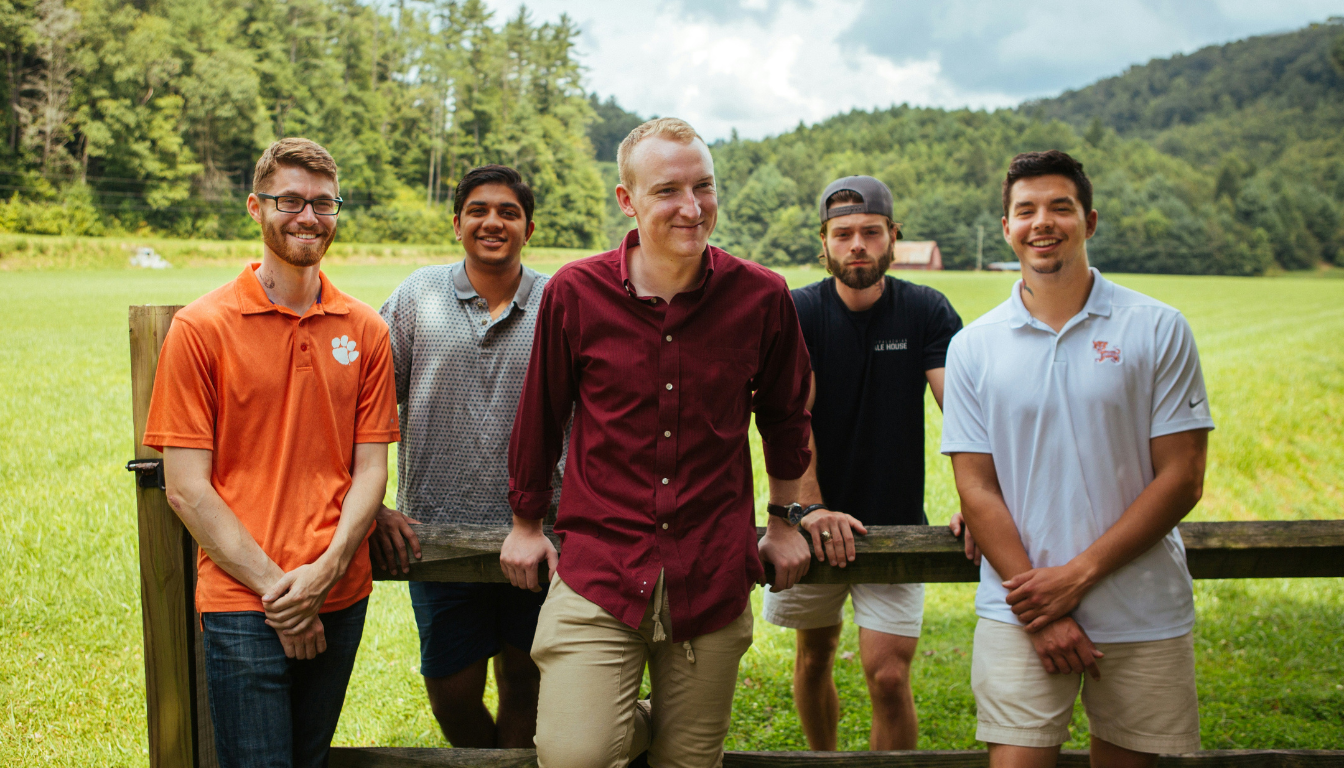
A clear organization purpose unifies team members and drives them towards common goals, enhancing productivity. Employees feel more fulfilled when identifying their purpose at work, significantly enhancing engagement.
Leaders cultivating a shared purpose foster a culture of accountability and high performance, where individuals are held accountable. Celebrating milestones highlights and reinforces an organization’s core values.
Role Clarity and Responsibilities
Clearly communicating roles and responsibilities minimizes conflicts and enhances teamwork. Clear expectations help members prioritize tasks and understand their contributions.
Members should be aware of their own fallibility as well as those of their colleagues and other team members. Identifying strengths allows a member to excel in roles that fit their capabilities. Regularly assessing individual contributions alongside team performance prevents social loafing and fosters a sense of responsibility.
Team-Building Activities and Exercises
Team-building activities create team culture and stronger bonds among members. These effective team building activities aim to break the normal work routine and build creativity.
Games like ‘Two truths, one lie’ foster personal connections and dispel misconceptions. ‘Rose-and-thorn’ icebreakers help members share experiences, strengthening emotional bonds. Interactive games like ‘GeoGuessr’ promote fun learning experiences in geography and teamwork.
Incorporating outdoor activities into team-building strategies fosters trust and collaboration. Camaraderie and trust are essential for fostering relationships through team-building activities.
Leveraging Unique Skills and Talents
Successful team building highlights the importance of acknowledging each person’s strengths, an important factor in utilizing those strengths for the most effective teams’ benefit. Choosing small, diverse strong teams is critical when selecting members, as it enhances the team’s work.
Effective collaboration requires members with technical expertise and interpersonal skills. Content experts bring valuable knowledge about the team’s subject.
Celebrating Successes and Milestones

Recognition and appreciation of efforts boost morale and reinforce positive dynamics. Acknowledging accomplishments, big and small, reinforces the value of each member’s contributions and allows us to celebrate successes through quality work that has been achieved, demonstrating our commitment to progress.
Teams should revisit their long term goals and achievements regularly to maintain motivation and achieve team morale for better results. Effective offsite retreats improve team morale and strengthen employee relationships, enhancing the team’s effectiveness.
Effective Team Meetings
Team meetings serve as a platform for discussing topics, planning projects, brainstorming, and enhancing communication. A clear objective for each meeting helps determine the team’s purpose and outcomes, aligning with the team’s mission.
A well-prepared agenda organizes discussions and manages time effectively, addressing any potential execution problem in a time bound manner. Sending relevant documents beforehand allows attendees to come prepared, facilitating productive discussions.
To maintain focus, avoid unrelated topics during meetings; use a ‘parking lot’ method to keep discussions on track. Limiting screen usage during meetings encourages engagement and attentiveness. Time management is key; starting and ending meetings on time shows respect for schedules and maximizes productivity.
Summarizing key points and action items after a meeting reinforces clarity and accountability. Scheduled retrospectives create a safe environment for discussing successes and areas needing improvement.
Continuous Improvement and Feedback
Consistent feedback keeps team members motivated and informed about their performance. Ongoing feedback mechanisms enhance team performance and ensure alignment with goals.
Regular one-on-one meetings offer opportunities to discuss concerns and build relationships. Encouraging individual team members to enhance their strengths increases team productivity. The people operations team can facilitate training and mentorship to help members develop their unique strengths.
Offsite Retreats for Deep Connection
Participants taking time away from routine often experience improved team cohesion and clearer vision upon returning. Engaging in nature during retreats enhances creativity and focus, reducing stress and calming the mind.
Organizations incorporating nature into retreats often report a positive shift in morale and performance while conducting research. Planning retreats with unstructured time in nature sparks innovative thinking and can lead to a new idea.
Custom Solutions for Team Building
Offsite’s custom retreats enhance team effectiveness through personalized planning and activities. Custom solutions often include activities aligned with the team’s goals and challenges.
Utilizing expert planning services for retreats helps companies create memorable and impactful team-building events. Hundreds of top employers have trusted Offsite for retreat planning, including venues, speakers, and activities.
Cost Savings with Offsite Services
Clients can get exclusive discounts of up to 40% off retail rates when booking through Offsite. Companies using Offsite’s services have saved over $3.2 million.
Offsite services provide significant financial security benefits to clients and companies, leading to more revenue.
Summary
Effective team building is crucial for organizational success. By focusing on trust, open communication, psychological safety, and leveraging individual strengths, teams can achieve high performance and morale. Offsite’s custom solutions and retreats provide the perfect environment for fostering these elements.
By stepping away from day-to-day operations, teams can engage more deeply, align on goals, and return to work more connected and productive. Investing in team building is an investment in the future success of your organization.
FAQs
- What services does Offsite provide for team retreat planning?
Offsite offers comprehensive retreat planning services, covering venue selection, coordination with speakers and facilitators, travel arrangements, event production, activity organization, and swag provisioning. This ensures a seamless and impactful experience for your team's retreat.
- How much can clients save when booking through Offsite?
Clients can save up to 40% off retail rates when booking through Offsite, offering substantial savings on their reservations.
- What is the average price range for hotels listed for team retreats?
The average price range for hotels listed for team retreats is between $123 and $629 per night. This range accommodates various budgets and preferences.
- How many meeting rooms does the Grand Hyatt Playa del Carmen Resort have?
The Grand Hyatt Playa del Carmen Resort has 18 meeting rooms, providing ample space for various events and conferences.
You may also like
Unique spaces for your next offsite
Find distinctive venues for your upcoming corporate retreat.
Stay Updated with Our Insights
Get exclusive content and valuable updates directly to you.


